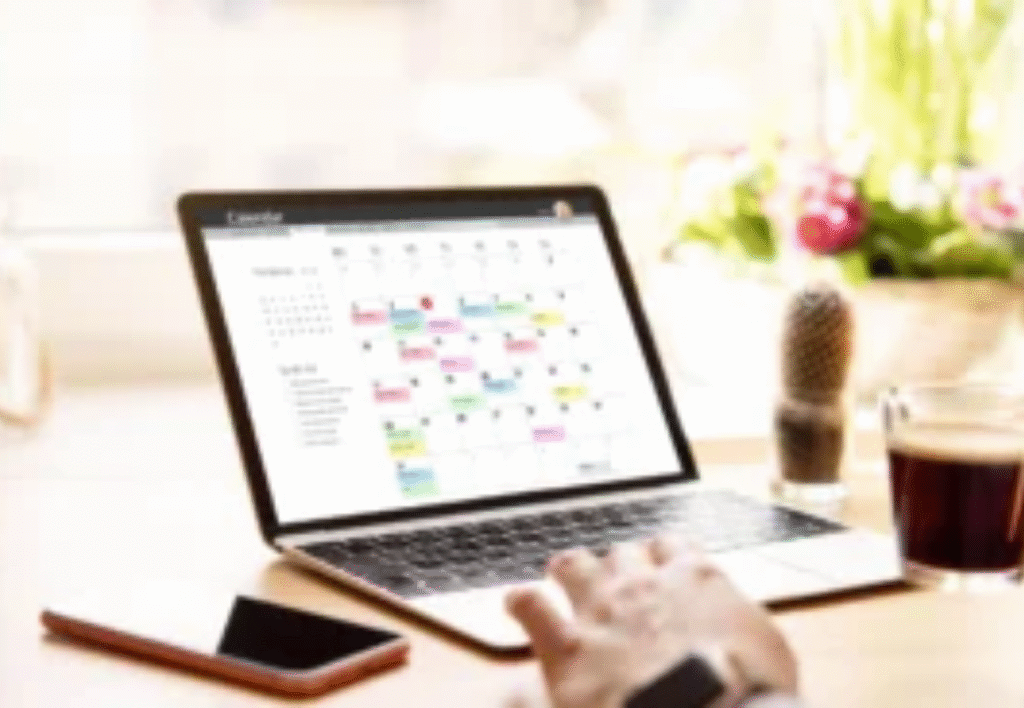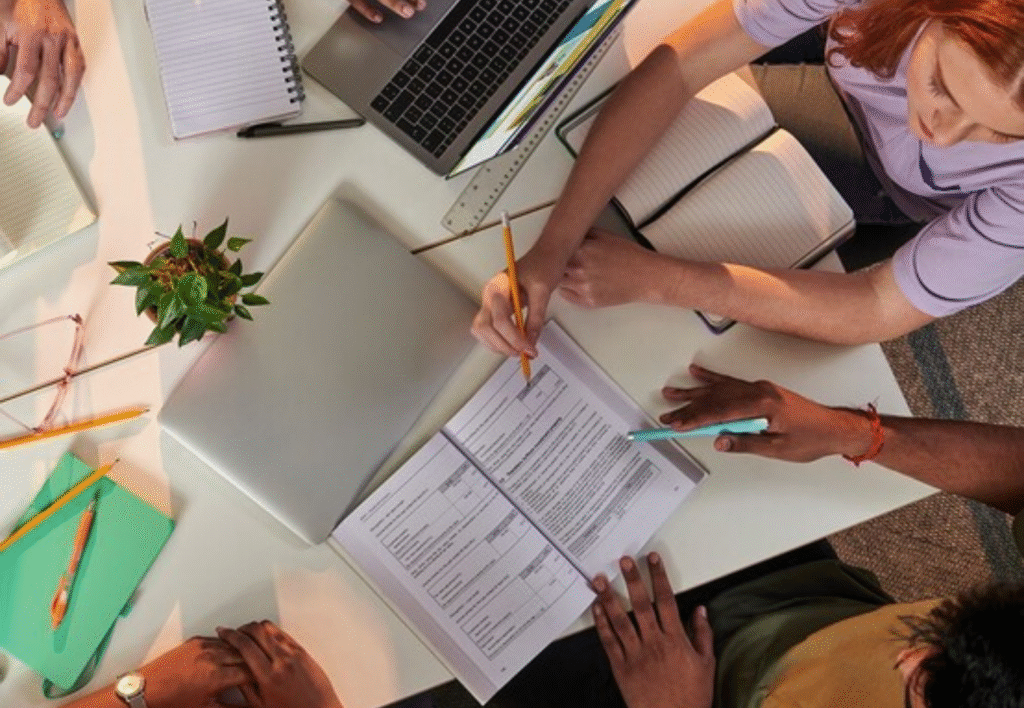Whether you’re a recent graduate or a seasoned professional, interviews can be intimidating. They’re crucial conversations where first impressions, body language, preparation, and communication skills all come together to determine your career progression. But with the right attitude, preparation, and strategy, you can walk into your next interview with confidence and walk away with an offer. This comprehensive guide will show you step-by-step how to master your next interview.
Understand the Interview Landscape
Before we dive into tips and techniques, it’s important to understand what interviews are really about. They’re not just about assessing your qualifications. Employers use interviews to assess the following:
- Your communication skills
- Your cultural fit with the team or company
- Your motivation and enthusiasm
- Your problem-solving and critical thinking skills
- Adaptability and learning potential
Interviews are mutual assessments. While you’re being assessed, you’re also considering whether the position and the company align with your goals.
Research the company thoroughly
One of the quickest ways to stand out is to show you’ve done your homework. Employers are impressed when candidates:
- Know the company’s mission, values, and recent successes
- Understand the industry and competitors
- Are familiar with the company culture and current developments
- Can speak intelligently about the position and its integration with the company’s goals
How to research effectively:
- Visit the company website: Pay attention to the “About Us,” “Careers,” and “News” sections.
- Research on LinkedIn: Read company posts, employee profiles, and hiring managers.
- Read the latest news: Search for press releases, articles, or media mentions.
- Use Glassdoor or Indeed: Read reviews from current and former employees to gain insight into the company culture.
Prepare your answers using the STAR method
The STAR method is a structured approach to answering behavioral interview questions. These questions typically begin with “Tell me about a situation in which…” or “Give an example of…”
STAR stands for:
- Situation: Describe the context in which you completed a task or overcame a challenge.
- Task: Explain the specific task or challenge.
- Action: Describe in detail the specific actions you took to address the situation.
- Result: Share the outcome of your actions and quantify them if possible.
Example:
Q: “Tell me about a time you solved a difficult problem.”
A:
S: In my last job, the sales software frequently crashed during peak hours.
T: I was tasked with identifying the cause and implementing a solution.
A: I worked with the IT department, analyzing server logs, and suggesting infrastructure upgrades.
R: After implementing the changes, software downtime decreased by 90%, saving hundreds of hours per month.
By preparing 5-7 STAR stories before your interview, you’ll have compelling answers to a wide variety of questions.
Practice typical interview questions
There are some questions that almost every interviewer will ask. Prepare answers for them:
- “Tell me about yourself.”
- “Why do you want to work here?”
- “What are your strengths and weaknesses?”
- “Where do you see yourself in five years?”
- “Why should we hire you?”
Answer precisely but concisely. Avoid rambling. Focus on aligning your skills and ambitions with the company’s needs.
Develop and practice your elevator pitch
The “Tell me about yourself” question is usually the first and often the most important. Your answer should be a 60-90 second elevator pitch that highlights:
- Background
- Key achievements
- Skills relevant to the position
- Motivation for applying
Example:
“I am a marketing professional with over five years of experience helping startups grow through data-driven campaigns. At XYZ Company, I led a social media strategy that increased engagement by 120%. I am excited for this role because I understand your company’s innovative approach to
Dress Appropriately
First impressions count. Appropriate attire that matches the role and company culture demonstrates professionalism and respect. When in doubt, dress up rather than down.
General Guidelines:
- Company Roles: Business Formal (suit and tie or professional attire).
- Creative/Technology Industries: Business Casual, unless otherwise stated.
- Online Interviews: Dress fully and professionally even if only your upper body is visible.
Also, make sure you look well-groomed and arrive on time (or log in on time).
Master Your Nonverbal Communication

Body language can make a huge difference in an interview. Even if your answers are compelling, poor body language can send the wrong message.
Tips:
- Maintain eye contact (without staring).
- Sit up straight and lean forward slightly to show interest.
- Smile naturally.
- Avoid fidgeting or crossing your arms.
- Nod occasionally to show engagement.
For virtual interviews, ensure good lighting, a clean background, and a stable internet connection. Test your equipment beforehand.
Ask thoughtful questions
Towards the end of the interview, you’ll likely be asked, “Do you have any questions?” Always answer “yes.” This is an opportunity to show curiosity and get to know the company.
Good questions to ask:
- “What does success look like in this position?”
- “How would you describe the team culture?”
- “What are the biggest challenges facing the team?”
- “What happens next in the interview?”
Avoid questions about salary, benefits, or vacation time in the first interview unless the interviewer brings them up.
Handle difficult questions confidently
Interviewers can surprise you. Examples:
- “What is your greatest weakness?”
- “Tell me about a failure.”
- “Why did you leave your last job?”
The key is honesty and self-development. Don’t avoid the question, but don’t sabotage yourself either.
Example of a weakness:
“I’ve been working on my public speaking. It hasn’t come easily, but I’ve taken courses and regularly volunteer to present at team meetings. I’ve improved significantly and now enjoy the challenge.”
Finish Strong
Before leaving, confirm your interest in the position.
You can say:
“Thank you for the opportunity to speak today. After our conversation, I’m even more excited about this position. I believe my skills in X and my experience in Y will enable me to make a strong contribution.”
Always ask about next steps if you haven’t been informed.
Write a meaningful follow-up email
Send a thank-you email to each interviewer within 24 hours. It should:
- Thank them for their time
- Mention something specific from the interview
- Reaffirm your enthusiasm for the position
- Write your words concisely and professionally
Example:
Subject: Thank you – [Your Name]
Dear [Interviewer’s Name],
Thank you for taking the time today to speak with me about the position at [Company Name]. I enjoyed learning more about the team and your exciting work. Our conversation about [specific topic] was particularly insightful. I’m very excited about the opportunity and believe my background in [your expertise] is a good fit for your needs.
I look forward to the next steps.
Sincerely,
[Your Name]
Reflect and Improve
Whether you get the job or not, take time to evaluate the experience:
- Which questions surprised you?
- What could you have explained better?
- What went well?
This reflection will help you continuously improve for future interviews.
Conclusion:
A successful interview isn’t about being perfect it’s about being prepared, authentic, and professional. With these 12 strategies, you’ll enter your next interview informed, practiced, and confident. Remember: every interview is a learning opportunity, a chance to hone your skills, and get one step closer to your dream position. So take a deep breath, believe in your worth, and get the job!more info…
